The billionaire owner of Blue Origin outlines plans for mining, manufacturing, and colonies in space.
[Photo: Flickr user NASA Goddard Space Flight CenterFollow;courtesy of BlueOrigin].
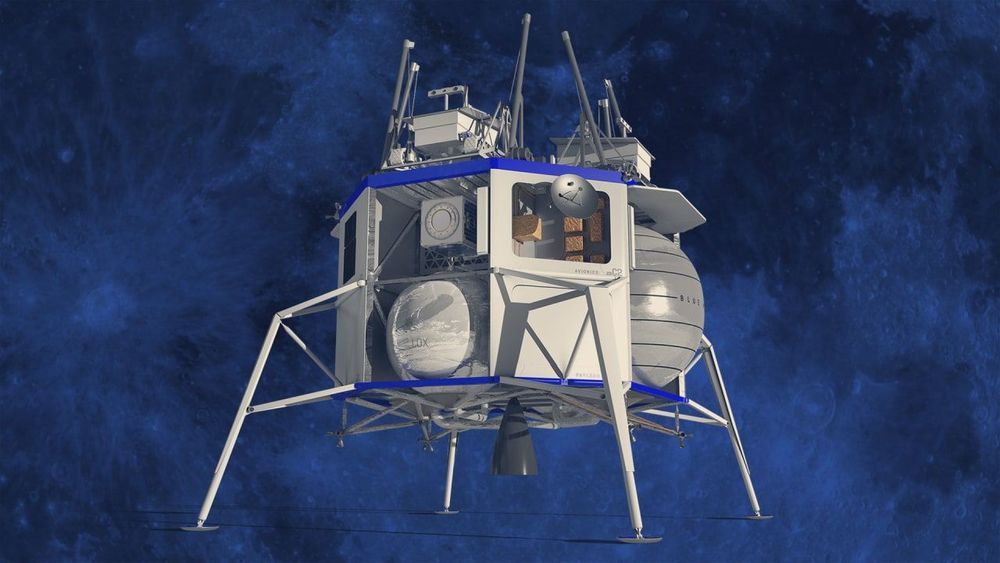
The billionaire owner of Blue Origin outlines plans for mining, manufacturing, and colonies in space.
[Photo: Flickr user NASA Goddard Space Flight CenterFollow;courtesy of BlueOrigin].

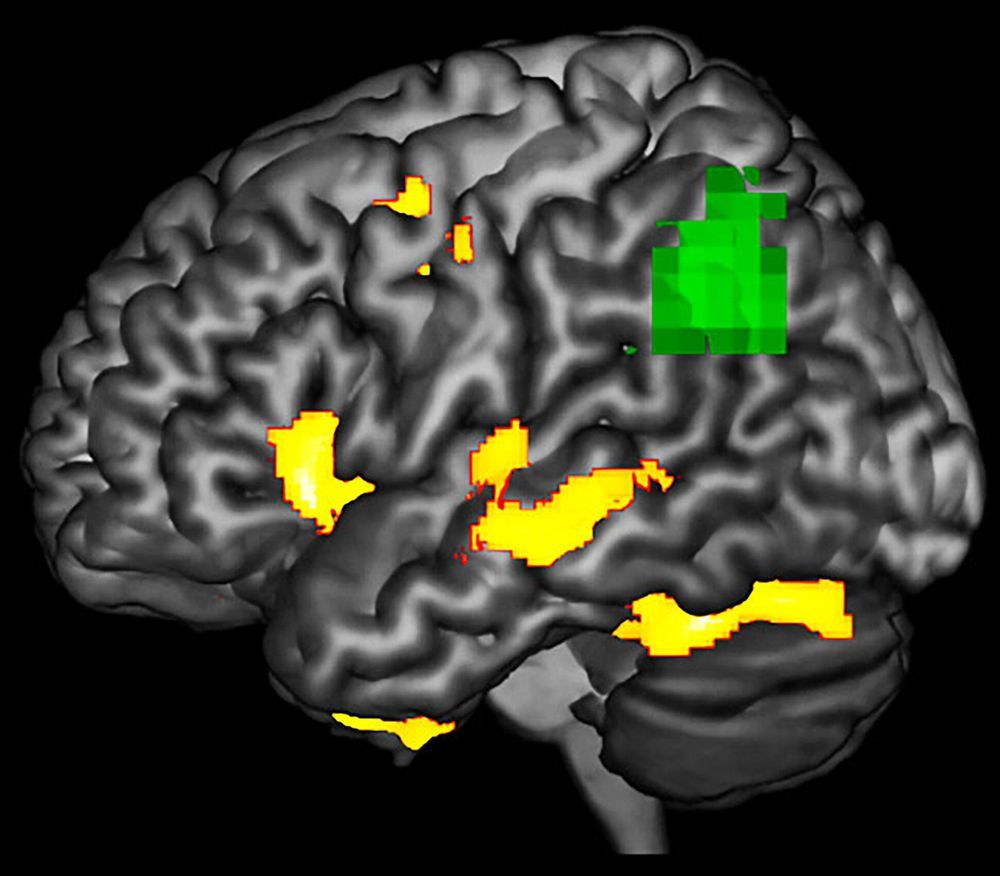
Scientists might have found an early detection method for some forms of dementia, according to new research by the University of Arizona and the University of Toronto’s Baycrest Health Sciences Centre.
According to the study published in the journal Neuropsychologia last month, patients with a rare neurodegenerative brain disorder called Primary Progressive Aphasia, or PPA, show abnormalities in brain function in areas that look structurally normal on an MRI scan.
“We wanted to study how degeneration affects function of the brain,” said Aneta Kielar, the study’s lead author and assistant professor in the UA Department of Speech, Language and Hearing Sciences.

Planes, Drones, and AI Machines
But going from Mach 2 to Mach 5 is not an easy undertaking. Hermeus is hoping to pull from existing technologies to make its insanely fast passenger plane a reality, including titanium materials and cutting edge rocketry.
It’s impossible to tell what the future of air travel will look like. If supersonic airplanes aren’t it, SpaceX founder Elon Musk has pushed for the idea that we’ll go between Earthly destinations in rockets that can technically take us to Mars.

Circa 2018
Lockheed Martin has won a nearly quarter-billion dollar NASA contract to develop a plane capable of supersonic speed without creating the deafening sonic boom that comes with breaking the sound barrier.
The cost-plus NASA contract, valued at $247.5 million, will allow the defense contractor’s secretive Skunk Works division to continue development of Lockheed Martin’s Quiet Supersonic Technology (or QueSST) aircraft. This is “NASA’s first X-plane in a generation,” a Lockheed Martin spokesperson told CNBC on Tuesday.
“We look forward to applying the extensive work completed under QueSST to the design, build and flight test of the X-plane, providing NASA with a demonstrator to make supersonic commercial travel possible for passengers around the globe,” program manager Peter Iosifidis said in a statement.
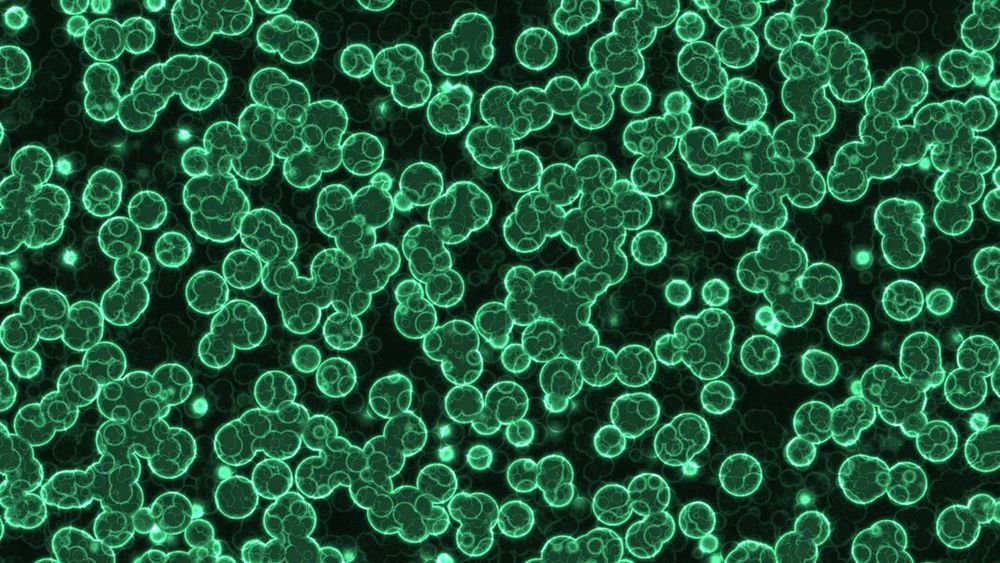
It’s very easy to forget that complex life on Earth almost missed the boat entirely. As the Sun’s luminosity gradually increases, the oceans will boil away, and the planet will no longer be in the habitable zone for life as we know it. Okay, we likely have a billion years before this happens—by which point our species will probably have destroyed itself or moved away from Earth—but Earth itself is 4.5 billion years old or so, and eukaryotic life only started to diversify 800 million or so years ago, at the end of the “boring billion.”
In other words, life seems to have arisen around four billion years ago, shortly after Earth formed, but then a few billion years passed before anything complex evolved. Another few hundred million years of bacteria, algae, and microbes sliding around in the anoxic sludge of the boring billion, and intelligent life might never have evolved at all.
Unraveling the geologic mysteries of the boring billion, and why it ended when it did, is a complex scientific question. Different parts of the earth system, including plate tectonics, the atmosphere, and the biosphere of simple lichens and cyanobacteria interacted to eventually produce the conditions for life to diversify, flourish, and grow more complex. But it is generally accepted that simple cyanobacteria (single-celled organisms that can produce oxygen through photosynthesis) were key players in providing Earth’s atmosphere and oceans with oxygen, which then allowed complex life to flourish.
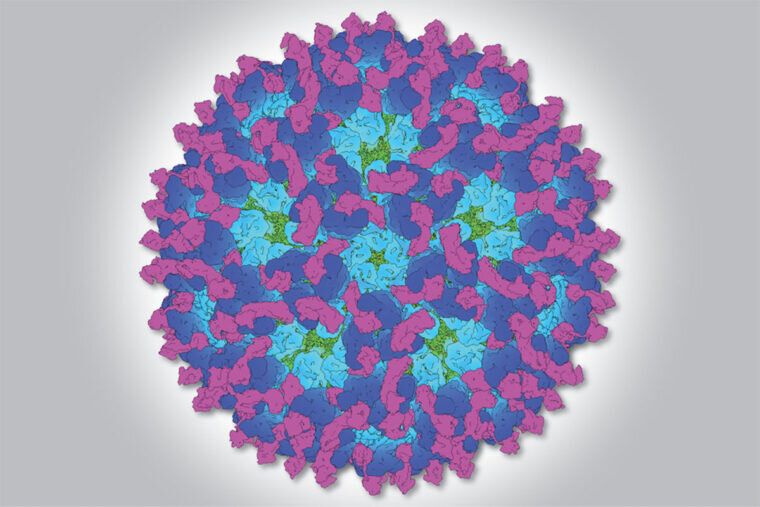
Chikungunya virus, once confined to the Eastern Hemisphere, has infected more than 1 million people in the Americas since 2013, when mosquitoes carrying the virus were discovered in the Caribbean. Most people who become infected develop fever and joint pain that last about a week. But in up to half of patients, the virus can cause severe arthritis that persists for months or years. There is no treatment to prevent the short-lived infection from persisting into chronic arthritis.
Now, researchers have uncovered information that could help stop the debilitating condition. A team at Washington University School of Medicine in St. Louis has snapped high-resolution pictures of the virus latched onto a protein found on the surface of cells in the joints. The protein used in the study was taken from mice, but people have the same protein, and the virus interacts with the mouse and human proteins in virtually identical ways.
The structures, published May 9 in the journal Cell, shows in atomic-level detail how the virus and cell-surface protein fit together – data that promises to accelerate efforts to design drugs and vaccines to prevent or treat arthritis caused by chikungunya or related viruses.

Explorer and businessman Victor Vescovo descended 35,853 feet (10,927 meters) into the Pacific Ocean, breaking the record for deepest dive ever.
At the very bottom, he found colorful rocky structures, weird critters and the ever-pervasive mark of humankind — plastic.
Until now, only two people have successfully made it to the bottom of Challenger Deep, the planet’s deepest point at the southern end of the Mariana Trench. Back in 1960, oceanographer Don Walsh was the first to make it down to the trench successfully, reaching about 35,814 feet (10,916 m). He took the journey with Swiss oceanographer and engineer Jacques Piccard. [In Photos: James Cameron’s Epic Dive to Challenger Deep].
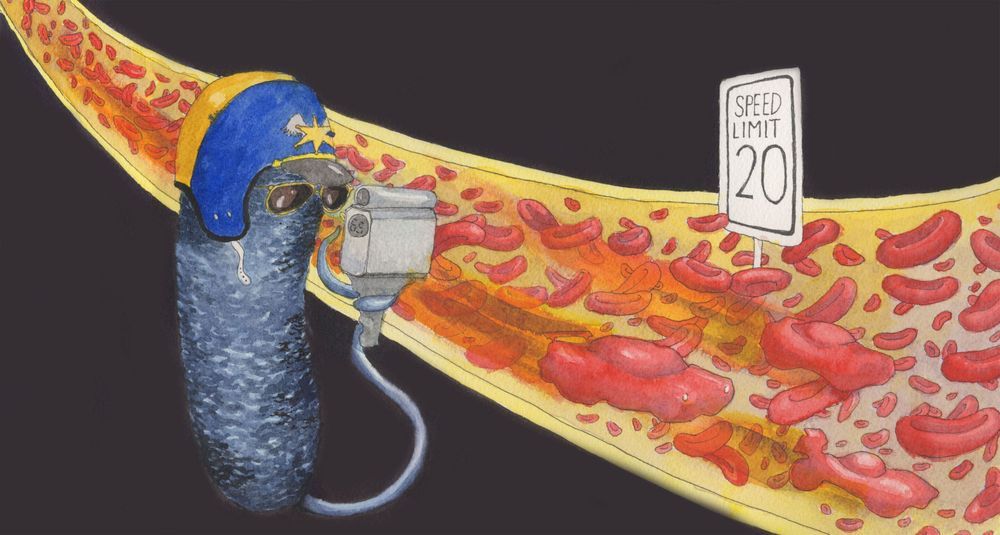
An all-Princeton research team has identified bacteria that can detect the speed of flowing fluids.
Many kinds of cells can sense flow, just as our skin cells can feel the difference between a gentle breeze and a strong wind. But we depend on feeling the force involved, the push-back from the air against us. Without that push, we can’t distinguish speed; when the windows are closed, our skin can’t feel any difference in air force whether we are sitting in an office, a speeding car or a cruising airplane. But now, a team of Princeton researchers has now discovered that some bacteria can in fact detect the speed of flow regardless of the force. Their paper appears in the online journal Nature Microbiology.
“We have engineered bacteria to be speedometers,” said Zemer Gitai, Princeton’s Edwin Grant Conklin Professor of Biology and the senior author on the paper. “There’s an application here: We can actually use these bacteria as flow sensors. If you wanted to know the speed of something in real time, we can tell you.”

To clean up the aviation industry, NASA-funded scientists are working to develop an all-electric aircraft powered by cryogenically-liquified hydrogen fuel.
The University of Illinois scientists behind the project nailed down $6 million over three years from NASA to develop the tech, according to a university-published press release — tech that could, if the project pans out, revolutionize the aviation industry.